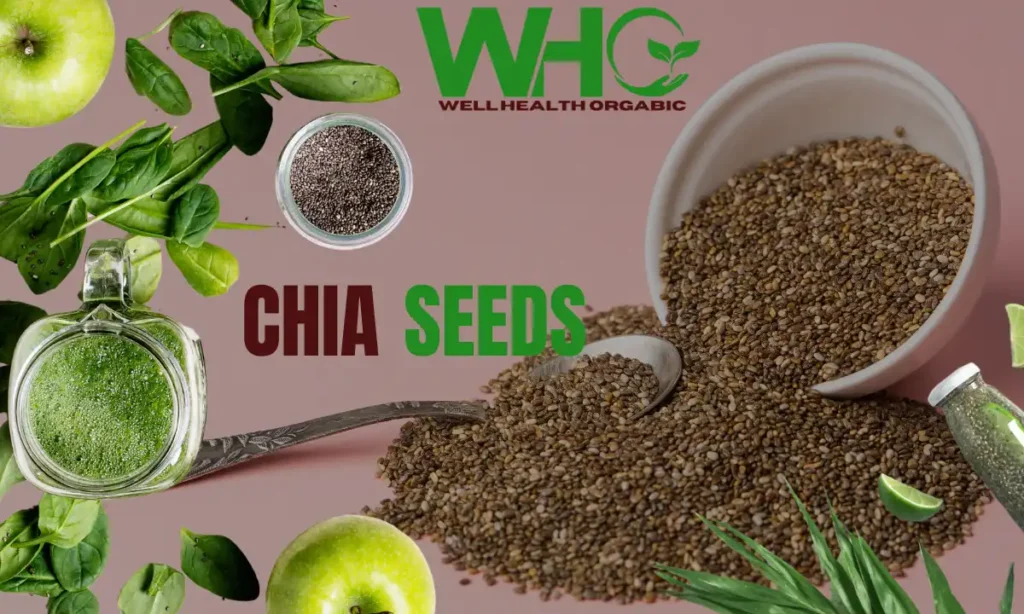The smell of freshly brewed tea often brings a sense of calm and relaxation. Imagine waking up, enjoying a warm cup, and wondering if it could actually support your kidneys. Since our kidneys already work hard to remove waste and balance the body naturally, it’s fair to ask whether tea can really help with kidney detoxification.
With growing interest in natural health, many people are curious about using tea for detox. The idea sounds appealing, but it’s worth looking closer. In this article, we’ll explore how kidneys function, whether tea plays a role in supporting them, and if detox claims truly hold up.
Understanding Kidney Detox
The kidneys act as the body’s natural filters, removing waste, balancing fluids, and helping regulate blood pressure and red blood cell production. Supporting them with healthy habits is essential for long-term wellness. Staying hydrated and eating nutrient-rich foods like fruits, vegetables, and whole grains can boost kidney function, while keeping sodium and blood sugar in check helps prevent strain.
It’s also important to notice the signs of healthy kidneys, such as clear urine and stable blood pressure, and to be mindful of risks like diabetes or past kidney issues. With consistent habits, drinking enough water, exercising, and maintaining a balanced diet, you can keep your kidneys working efficiently, protecting both kidney health and overall well-being.
Is Tea Good for Kidney Detox
Drinking tea is often suggested for kidney detox. It’s key to know how tea affects our kidneys, its benefits, and risks.
Benefits of Drinking Tea for Kidney Wellness
Tea offers several health benefits, including support for kidney health. Green tea and herbal teas, in particular, can play a role in gentle detox and overall wellness. One of the key benefits is hydration, as drinking tea helps keep the body well-hydrated, which is essential for maintaining healthy kidney function. Additionally, green tea contains powerful antioxidants that help reduce inflammation and oxidative stress, both of which can place strain on the kidneys.
Risks and Drawbacks of Tea for Kidney Function
While tea can provide health benefits, it also carries certain risks for kidney function when consumed excessively or in specific forms. For example, black and oolong teas are high in oxalates, which may increase the risk of kidney stone formation. Low-quality teas can sometimes contain contaminants such as heavy metals, posing additional harm to the kidneys. Moreover, the caffeine content in tea, if consumed in large amounts, may raise blood pressure, another factor that can negatively affect kidney health.
Nutritional Value of Tea
Tea is more than a comforting drink, it’s rich in nutrients that support overall health. Different types of tea, such as green, black, oolong, and white, each bring unique benefits. A key highlight is their antioxidant content, especially catechins and polyphenols, which fight free radicals, reduce stress, and keep cells healthy. Green tea, in particular, stands out for its high antioxidant levels, making it a popular choice among health enthusiasts.
Beyond antioxidants, tea provides essential vitamins and minerals, including A, C, and K, as well as magnesium, potassium, and fluoride. These nutrients strengthen the immune system, support bone health, and promote heart wellness. Tea’s detoxifying properties also play a role, as antioxidants aid liver function and polyphenols help reduce inflammation, offering extra support for overall well-being.
Best Types of Tea for Kidney Health
Choosing the right tea can support kidney health and natural detox. Green tea and hydrangea tea stand out as excellent options. Green tea is rich in antioxidants that reduce inflammation and stress on the kidneys, with studies showing its regular use can improve kidney function. Hydrangea tea, on the other hand, helps the body flush out toxins and excess salts, lowering the risk of kidney stones and related issues.
Other herbal teas like dandelion and nettle leaf are also beneficial. Their natural diuretic effects support kidney cleansing and enhance detoxification. Adding teas such as green tea, hydrangea, dandelion, or nettle to your routine is a simple way to give your kidneys extra support and keep them functioning well.
Lifestyle Factors That Complement Kidney Detox

Healthy daily habits play a big role in supporting kidney function. Regular exercise, like walking, jogging, or yoga, improves circulation and helps the kidneys clear waste more effectively. Eating a balanced diet with fresh fruits, vegetables, lean proteins, and whole grains also supports kidney health, while limiting processed foods helps maintain the right balance in the body.
Sleep and hydration are equally important. Quality rest allows the body to repair itself and gives the kidneys time to recover, while poor sleep can raise blood pressure and strain them. Staying hydrated throughout the day keeps toxins moving out and lowers the risk of kidney stones. Together, these lifestyle choices create a strong foundation for kidney health and overall well-being..
Other Natural Practices to Support Kidney Health
Keeping your kidneys healthy is about making smart lifestyle choices and using natural methods. Let’s look at some ways to boost kidney function.
1. Staying Active with Gentle Workouts
Doing gentle workouts for kidneys is key for kidney health. Walking, yoga, and stretching are great. They help keep your weight in check and lower blood pressure, which is good for your kidneys.
2. Stress Relief Through Physiotherapy Massage
Massage is more than relaxation, it can help reduce stress and improve circulation, which supports kidney function. Many visitors entering the wellness capital of Bali choose physiotherapy massage in Uluwatu as part of their health routine, combining natural healing with a calming retreat setting.
3. Prioritizing Sleep and Rest
Getting enough sleep and rest is a top natural kidney health practice. Aim for 7-8 hours of sleep each night. It helps your body work right and lets your kidneys do their job best.
4. Balanced Diet with Fresh Produce
Eating a diet full of fresh fruits, veggies, and lean proteins is vital for kidney health. Foods like berries, leafy greens, and fish give your kidneys the nutrients they need.
Everyday Habits That Promote Kidney Health

Keeping your kidneys healthy is easy with simple habits. These habits help your kidneys work well and make you feel good overall.
1. Staying Hydrated Daily
Drinking enough water is key for your kidneys. It helps remove toxins, keeps electrolytes balanced, and controls blood pressure. Drink at least eight glasses of water a day, more if you’re active or live in a hot place.
2. Reducing Sodium Intake with Mindful Eating
Eating less sodium is good for your kidneys. Too much sodium can raise blood pressure and harm your kidneys. Eat fresh foods and read labels to control sodium. This helps your kidneys and keeps you healthy.
3. Relaxation with Home Massage
Relaxation plays a big role in kidney health, and massage is a simple way to achieve it. Many accommodations such as villas and resorts accept home massage, bringing professional therapy right to your room. This helps reduce stress, boost circulation, and support overall wellness.
4. Herbal Support with Kidney Detox Tea
Drinking herbal teas made for kidney detox can help too. Teas with dandelion root, nettle leaf, and ginger clean your kidneys and help them work better.
Myths About Kidney Detox and Tea
Kidney detox is often surrounded by myths, especially the idea that tea alone can fully cleanse or cure the kidneys. While tea provides antioxidants that support kidney health, it cannot repair damage or treat kidney disease. Scientific research shows that teas may help reduce stress on the kidneys, but they are not a complete detox solution.
Another misconception is that drinking large amounts of tea speeds up detox. In reality, too much tea, particularly black or oolong, can increase oxalate levels, raising the risk of kidney stones. Tea should be enjoyed in moderation and paired with healthy habits like hydration, balanced nutrition, exercise, and limiting processed foods. Together, these lifestyle choices offer far more reliable kidney support than tea alone.
How Does That Sound?
Exploring kidney detox shows how important our choices are for health. Knowing the good and bad of tea for kidneys, its nutrition, and the best teas helps us live better. These steps are key to a healthier life. Our lifestyle also affects kidney health. Doing gentle exercises, sleeping well, and eating right are musts. Drinking water, eating less salt, and getting massages at home also help.
We encourage you to join the kidney health community. Share your thoughts on detox tea and your experiences. Your stories can help others on their health path. Let’s keep talking and support each other in our health journey.



